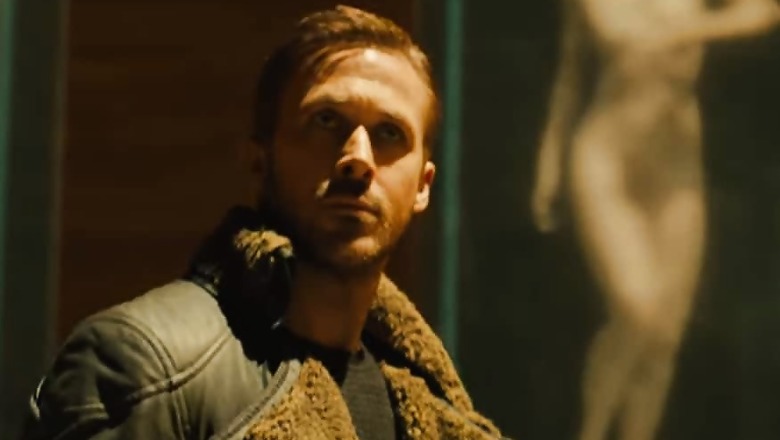
views
There are science fictions that give you an overall immersive experience of a magnificent (and mysterious) outer world and then there are films that make you question the technology and the kind of world we might end up becoming. But Ridley Scott's 1982 classic, Blade Runner, belonged to none. The film carved its path in the sci-fi genre and dealt with something more substantial than just lasers, aliens, and hi-tech droids. Luckily and thankfully, Blade Runner 2049 carries forward the same legacy and gives a clearer narrative to the replicants' conscience.
The story begins almost 30 years after Rick Deckard (Harrison Ford), a bounty hunter tasked with “retiring" renegade android slaves "replicants", runs away with one of them, to start a new life on his own terms. Now the focus is on a younger and unequivocally robotic model, officer KD6-3.7 (Ryan Gosling), a “synthetic" human who’s 99 percent perfect, but still a bit off. That subtle flaw serves the actor well as “K" is a rule-abiding Blade Runner who takes orders from plausibly tough LAPD Lt. Joshi (Robin Wright). Going through with a routine mission to eliminate an early-model Nexus-8, K makes a startling discovery — one that threatens to undermine the delicate sense of order between humans and the now million-fold class of android slaves. As it is, the replicants’ submission depends on their built-in expiration dates and the understanding that they were created to serve their masters. Anything could throw this system into turmoil, though Joshi has a reason to fear that this one will incite a replicant uprising, and so she orders K to destroy the evidence.
Except K disobeys, returns to the remote protein farm where the opening fight takes place and discovers a clue that ties him to characters from the original film (while the signature object in Blade Runner was an origami unicorn, here it’s a carved wooden horse). However, the links are hazy, since a huge electromagnetic pulse wiped out nearly all digital records a quarter-century earlier — the so-called Blackout of 2022 — forcing K to do some old-fashioned sleuthing that leads him to Deckard himself, hiding out in what remains of the city of Las Vegas.
The film serves as a fulfilling sequel to the original classic wherein the story is delved deeper and the sci-fiction part is kept in the backdrop. Director Denis Villeneuve has given a rich, artsy vibe to an otherwise laden with CGI genre, thus giving the film a much-needed soul. In the age and stage, when one has seen dystopian drama and sci-fiction stories like the Handmaid's tale and Westworld, Blade Runner 2049 still feels real and authentic. Villeneuve hasn't touched much of the 2019's world created by Scott, just a few upgrades. The futuristic world built in the original never needed much doing in any sequel, anyway. K's personal AI Joi is a pleasant addition and an important character in K's 'hopeful' life.
It’s perhaps the irony that plays the central part in the film where humans have lost their souls, while replicants know precisely what they want- to be human. There’s a lot more layering and depth given to every character and the entire journey of 'finding self' that viewers take with K, is engaging and heartbreaking. Although, the 2 hours 45 minutes long narrative does take a toll on you right before and after the interval. But the moment K meets Deckard, things start to build up and the end consumes you to an extent that even after you leave the theatre, the effects linger on.
Blade Runner 2049 is the sequel this classic deserved. It contributes to the world of humans and replicants build by Scott and Villeneuve carries on the legacy of delivering a heart-warming, thought-provoking story under the blanket of dystopian science-fiction. This is a sequel everyone ought to watch.
Rating: 3/5










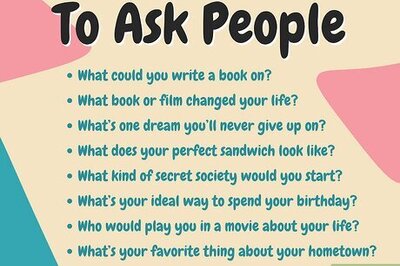

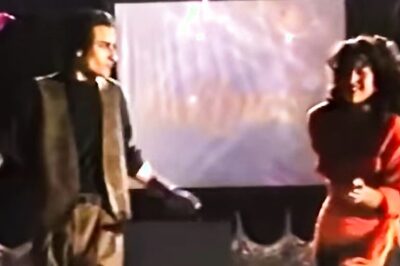

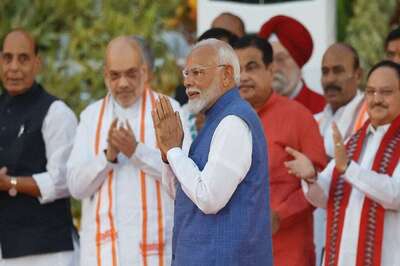
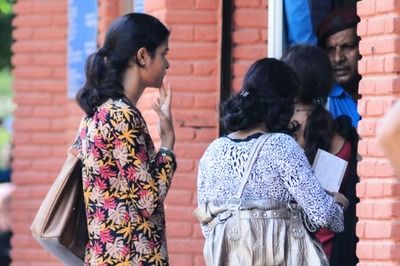
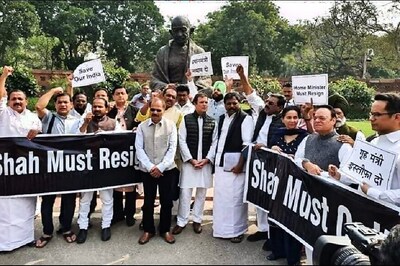
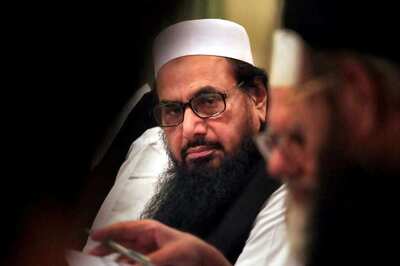
Comments
0 comment